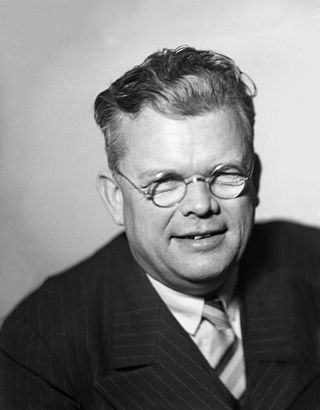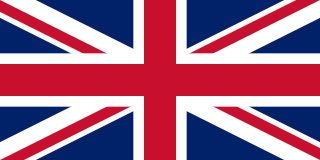The water polo tournament at the 1984 Summer Olympics was held from 1 to 10 August 1984, at the Raleigh Runnels Memorial Pool in Malibu, California. The tournament featured 12 teams, playing two rounds of round-robin play: preliminaries and finals.

Water polo has been part of the Summer Olympics program since the second games, in 1900. A women's water polo tournament was introduced for the 2000 Summer Olympics. Hungary has been the most successful country in men's tournament, while the United States is the only team to win multiple times at the women's tournament since its introduction. Italy was the first to win both the men's and women's water polo tournaments.

Austria competed at the 1912 Summer Olympics in Stockholm, Sweden. Austrian and Hungarian results at early Olympic Games are generally kept separate despite the union of the two nations as Austria-Hungary at the time. 85 competitors, 76 men and 6 women, took part in 46 events in 12 sports.

Spain competed at the 1920 Summer Olympics in Antwerp, Belgium. It was only the second appearance of the nation at the Summer Games, after competing in the 1900 Summer Olympics, but missing the Games in 1904, 1908, and 1912. 58 competitors, all men, took part in 29 events in 7 sports.
Final results for the water polo tournament at the 1948 Summer Olympics played at Finchley Lido.
Final results for the water polo tournament at the 1936 Summer Olympics:

The 1928 Summer Olympics Water Polo event was held between the fourth and eleventh of August. The final results of the tournament follow below.
Final results for the water polo tournament at the 1924 Summer Olympics. All medals were decided by using the Bergvall system.
Final results for the water polo tournament at the 1920 Summer Olympics. All medals were decided by using the Bergvall system.

Erik Gustaf Bergvall was a Swedish water polo player, journalist and sports official. He also promoted the Bergvall system, a variation of the traditional knockout tournament system which was used at the 1912, 1920 and 1924 Summer Olympics.

The women's water polo tournament at the 2004 Summer Olympics was contested between August 16 and August 26 at the Olympic Aquatic Centre in the Athens Olympic Sports Complex. Eight teams qualified for the Games, with Italy defeating the host nation Greece for the gold medal. The United States won the bronze medal.

The women's water polo tournament at the 2008 Summer Olympics in Beijing was held from 11 August to 21 August at the Ying Tung Natatorium.

The Great Britain men's national water polo team is the representative for Great Britain in international men's water polo. The team has participated in eleven tournaments at the Summer Olympics, being the dominant team in the sport in the early twentieth century, with four Olympic titles. The only major competition they have ever qualified for was the first world championships in 1973. They qualified for the London 2012 Olympics by virtue of their representing the host country.

Montenegro competed at the 2016 Summer Olympics in Rio de Janeiro, Brazil, from 5 to 21 August 2016. This was the nation's third consecutive appearance at the Summer Olympics since it gained independence from Serbia in 2006.
This article lists various water polo records and statistics in relation to the Great Britain men's national water polo team at the Summer Olympics.
This article lists various water polo records and statistics in relation to the Hungary men's national water polo team at the Summer Olympics.
This article lists various water polo records and statistics in relation to the France men's national water polo team at the Summer Olympics.
This article lists various water polo records and statistics in relation to the Soviet Union men's national water polo team and the Unified Team men's national water polo team at the Summer Olympics.










